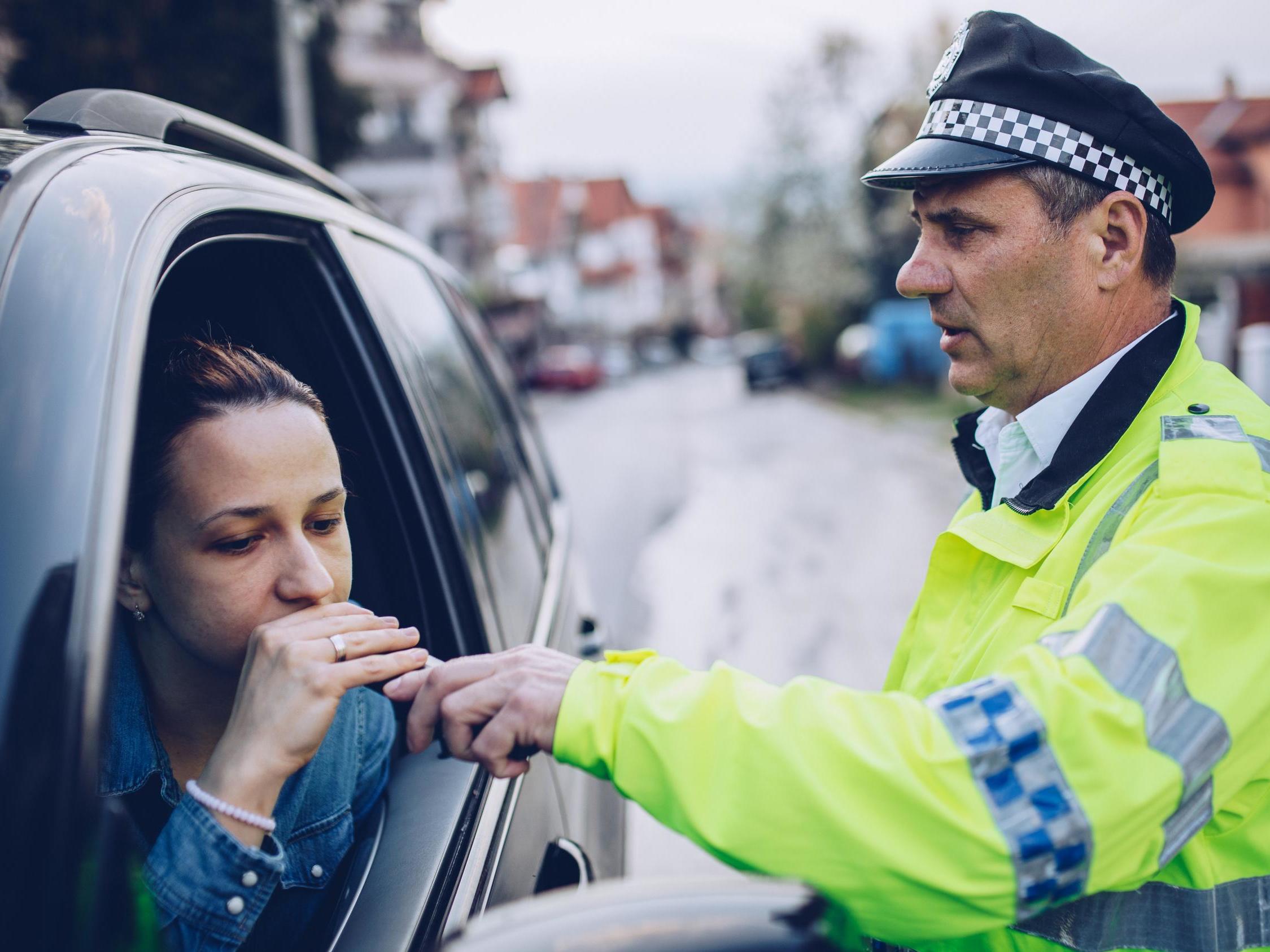Road accidents kill twice number of people murdered a year but police cut funding, watchdog says
Watchdog says road deaths and serious injuries have risen as the enforcement of safety laws has fallen

Your support helps us to tell the story
From reproductive rights to climate change to Big Tech, The Independent is on the ground when the story is developing. Whether it's investigating the financials of Elon Musk's pro-Trump PAC or producing our latest documentary, 'The A Word', which shines a light on the American women fighting for reproductive rights, we know how important it is to parse out the facts from the messaging.
At such a critical moment in US history, we need reporters on the ground. Your donation allows us to keep sending journalists to speak to both sides of the story.
The Independent is trusted by Americans across the entire political spectrum. And unlike many other quality news outlets, we choose not to lock Americans out of our reporting and analysis with paywalls. We believe quality journalism should be available to everyone, paid for by those who can afford it.
Your support makes all the difference.Road accidents kill more than double the number of people murdered in England and Wales but police have slashed funding by a third, a watchdog has said.
HM Inspectorate of Constabulary (HMICFRS) called for roads policing to be urgently improved to prevent further deaths, which have been rising since 2013.
A report published on Wednesday said police spending on roads policing in England and Wales fell by 34 per cent in real terms between 2012-13 and 2019-20.
Matt Parr, HM Inspector of Constabulary, said: “Our inspection suggests that roads policing, despite the number of road deaths plateauing and likely to increase, is seen as less of a priority than it should be.
“We found that almost half of local crime plans didn’t include reference to roads policing. This, along with an unclear national strategy, is doing little to help reduce the number of deaths and life-changing accidents which occur on our roads.”
The report said that the number of deaths caused by road traffic collisions in England and Wales has “gradually increased” since 2013 to more than 1,600 in 2018 - a year that saw 726 homicides.
HMICFRS said the number of dedicated roads police had fallen, seeing patrols removed from main roads and motorways, and that some officers were not receiving training in the area.
It found a “sustained reduction” in the tasks normally undertaken by roads officers targeting offences known to cause road deaths.
The so-called “fatal four” are drink and drug driving, not wearing seat belts; excess speed and driving whilst distracted, such as by a mobile phone.
HMICFRS said that enforcement of three of the four had fallen significantly, adding: “While we can’t attribute causation, it is notable that, over a similar period, there has been an increase in the number of collisions that involve fatalities or serious injuries.”
Between 2015 and 2018, the number of breathalyser tests carried out in England and Wales dropped by a quarter and from 2011 and 2017, fines for using mobile phones plummeted by 76 per cent.
The number of speeding fines has risen significantly to over 2.1 million in 2018, but HMIC said the increase was caused by the use of cameras rather than officers being deployed.
Mr Parr said spending cuts had resulted in “fewer officers dealing with offences that cause road deaths”.
He added: “There is a clear, and pressing, need for government, police and crime commissioners, chief officers, and the College of Policing to recognise the importance of roads policing in reducing death on the roads.”
Mr Parr said roads policing was “not optional” and made several recommendations for improvements.
The National Police Chiefs’ Council lead for roads policing, Chief Constable Anthony Bangham, said a joint review had been established with the government.
He said HMICFRS’ recommendations would be carefully considered, adding: “We recognise the important role policing plays in keeping our roads safe and cutting casualties.
“Forces are working hard to target those who use our roads dangerously or to commit crime but we know there is more to do.”
The Association of Police and Crime Commissioners said road safety must be a “collective effort by different authorities”.
Join our commenting forum
Join thought-provoking conversations, follow other Independent readers and see their replies
Comments